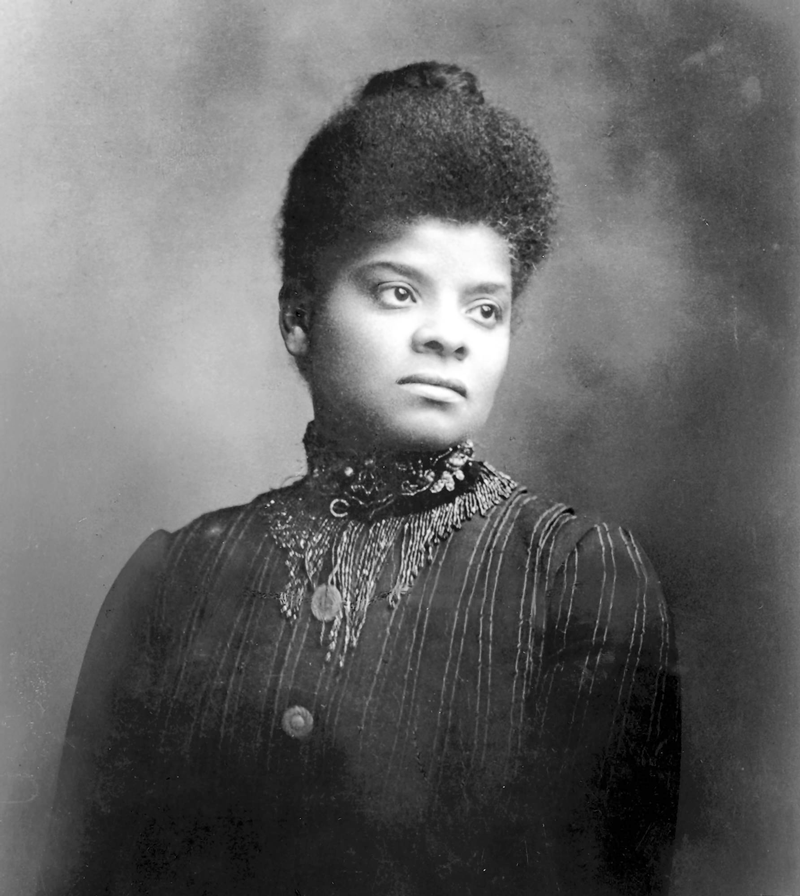Ida Wells: more than a reporter
Published 4:53 pm Tuesday, October 23, 2018
By Frank Hurdle
There is a proposal to rename the journalism building at Ole Miss after Ida Well, a native of Holly Springs. I am opposed and find the proposal ironic, since Ed Meek, for whom the building is currently named, was the victim of a modern-day lynching insofar as his reputation is concerned. Wells was one of the first, most prominent, and most outspoken opponents of lynching in the South.
With that said, the AP story which told of the effort to rename the building described Wells as a “reporter.” That’s like describing Ronald Reagan as a radio announcer. Wells was an amazing woman, one of the most important to come out of Mississippi in the 19th Century. I don’t remember being taught about Wells in school even though she was from Holly Springs; I hope that is still not the case. Even though I don’t support the renaming of the building, she certainly has a record of accomplishment that is worthy of admiration.
Ida Wells, who was born and reared in Holly Springs, was born into slavery in 1862. Her father was owned by Spires Bolling, an architect whose homes were known for featuring octagonal columns. He also built the Walter Place, with its unusual octagonal wings on each end. The Wells family lived at the Bolling Place, which was later the Gatewood home, and is now the site of the Ida B. Wells-Barnett Museum, which features the signature octagonal columns.
Wells, who lost both parents to the Yellow Fever epidemic of 1878, struggled to support and keep her younger siblings together by working as a schoolteacher. Her frustration over receiving $30 per month while white teachers were paid $80 per month led her to become active in a movement to seek equal pay for black teachers, which led to her firing, after which she moved to Memphis.
In May 1884, Wells refused to give up her seat on a Tennessee train and move to another rail car; when the conductor tried to forcibly move her she bit his hand. She was thrown off the train and successfully sued the train company, obtaining a $500 judgment in circuit court. The Tennessee Supreme Court overturned this judgment in 1887 and assessed Wells $200 in costs. This case was later cited as support by the U.S. Supreme Court in Plessy v. Ferguson, 163 U.S. 537 (1896), which found that segregation laws were not unconstitutional under the “separate but equal” doctrine which remained controlling law until Brown v. Board of Education, 347 U.S. 483 (1954).
(An interesting note is that Plessy v. Ferguson was a “friendly” lawsuit carefully coordinated between Plessy and the railroad company, both of whom believed that the Supreme Court would find Louisiana’s forced segregation laws unconstitutional. The railroad company wanted Plessy to prevail, as it did not want the expense of having to maintain two sets of passenger cars. Plessy was one-eighth African and seven-eighths European).
In 1889, Wells, who was working in Memphis as a schoolteacher, became owner of the Free Speech and Headlight, a newspaper published out of the Beale Street Baptist Church. Her opposition to segregation and articles decrying the poor condition of black schools led to her firing in 1891.
Also in 1889, three of Wells’ friends were lynched, which led her to become active in the national anti-lynching movement, in which she often collaborated with W.E.B. Du Bois and Frederick Douglas. In 1892, she published a famous anti-lynching pamphlet,“Southern Horrors: Lynch Law in All Its Phases.”
On May 27, 1892, a white mob destroyed the offices of Wells’ newspaper. Because of threats on her life she soon moved to Chicago, where she wrote articles for the New York Observer and began to work for the Chicago Conservator, that city’s oldest black newspaper.
During the 1890s Wells traveled extensively to promote civil rights, including trips to Europe. In 1909 Wells was one of seven black and 53 white founders of the NAACP. In later life she retreated from the national spotlight somewhat as she devoted herself to family life, although she remained active in support of civil rights throughout her life until her death in 1931.
Frank Hurdle is an Oxford lawyer and land broker.






